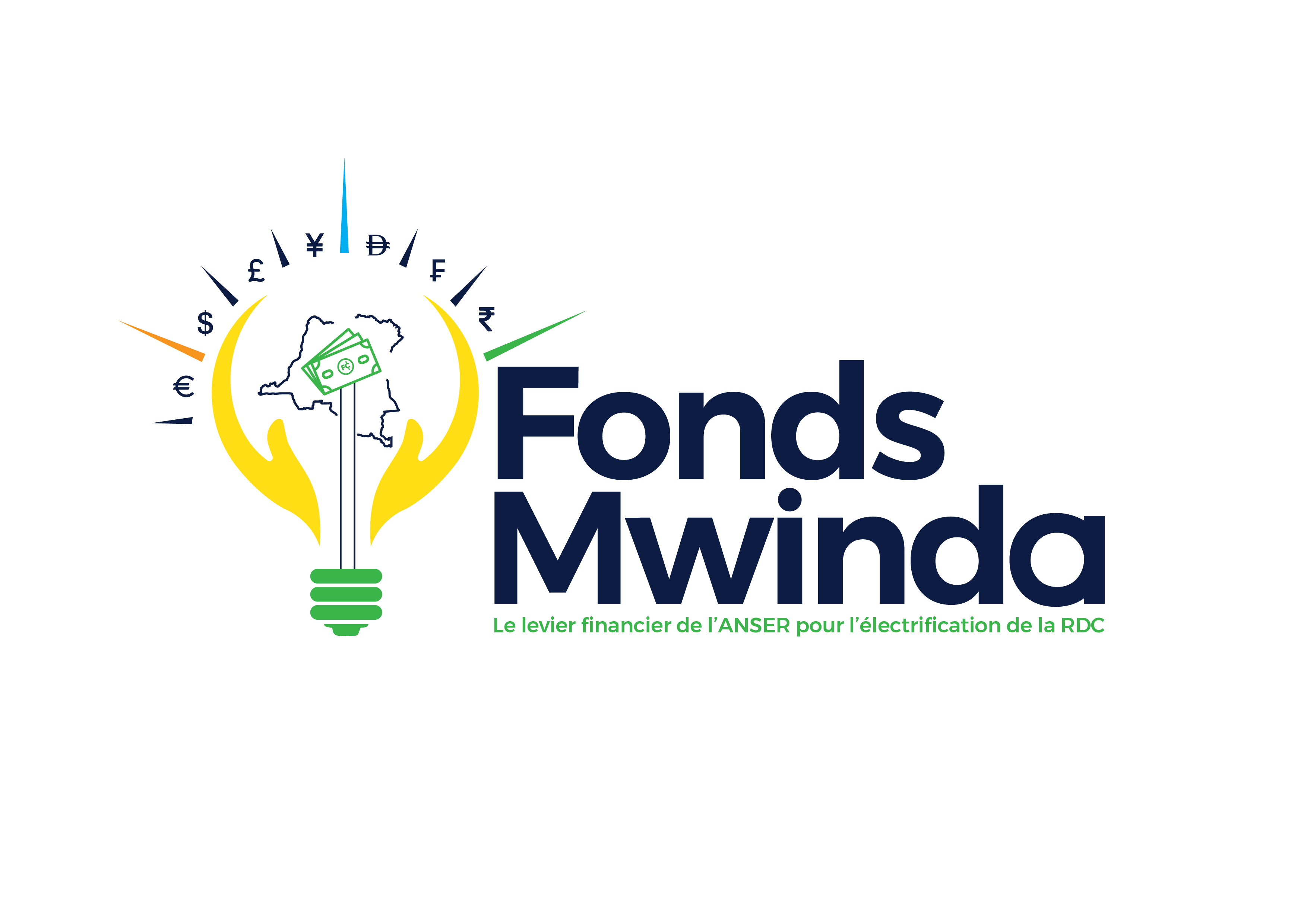Log in

From site feasibility and generation design to easy-to-understand financials and real-time data analytics, we unify data sources to empower the mini-grid industry.

The DECIM Fund is part of the Government of Madagascar’s DECIM Project, funded by the World Bank. The DECIM Fund builds on past success to expand access to energy and digital connectivity in Madagascar. // Le Fonds DECIM, financé par la Banque mondiale et mis en œuvre par le MEH et le MNDPT, élargit l’accès aux énergies renouvelables et aux équipements numériques pour les communautés à travers le pays, contribuant ainsi à un développement inclusif et durable.

The program aims to expand and accelerate electricity access in the Democratic Republic of Congo (DRC), especially in rural and peri-urban areas, through off-grid solutions and strong private sector participation. // Le programme vise à accroître et intensifier l'accès aux services d'électricité en République Démocratique du Congo (RDC), particulièrement dans les zones rurales et périurbaines, par le recours massif aux solutions hors-réseau (mini-réseaux et systèmes solaires hors-réseau) et en stimulant la participation du secteur privé.

The Accelerating Sustainable and Clean Energy Access Transformation (ASCENT) program is advancing universal energy access in Eastern and Southern Africa, aiming to impact 100 million people across 20 countries in seven years. Supported by $5 billion in IDA funding, ASCENT uses Results-Based Financing (RBF) to drive investment in renewable energy, linking disbursements to verified outcomes. This approach enhances accountability, strengthens government systems, and attracts $10 billion in additional funding, fostering sustainable energy solutions across the region.
.jpg)
The Distributed Access through Renewable Energy Scale-up (DARES) initiative is a $550 million program implemented by Nigeria’s Rural Electrification Agency (REA) to expand access to reliable, affordable electricity through renewable energy. The program supports three key components: Standalone Solar for Households, MSMEs, and Farmers with $300 million in grants awarded on a first-come, first-served basis depending on location; Performance-Based Grants (PBGs) for isolated solar and solar-hybrid mini-grids of up to 1MW in underserved areas; and the Minimum Subsidy Tender (MST) program, which will competitively select developers for mini-grid deployment at 40 prequalified sites, in collaboration with DISCOs and using the Odyssey platform.

India Clean Energy Finance (ICEF) is a project preparation facility managed by Climate Policy Initiative in India, building on the successful completion of US-India Clean Energy Finance Facility (USICEF). ICEF is a one-of-its-kind initiative to promote applications of distributed renewable energy (DRE) by supporting early-to-mid stage development of DRE projects and scaling up of DRE businesses.

The Universal Energy Facility is a multi-donor, results-based financing initiative that provides incentive payments to organizations deploying energy solutions, including mini-grids, solar home systems, and clean cooking, based on verified end-user connections. Designed with input from over 13 private sector developers and industry associations, it supports proven solutions and business models from experienced firms as an alternative to traditional tendering processes.

The PHARES Program (Programme Haïtien d’Accès des communautés Rurales à l’Energie Solaire) is launched by the Government of Haiti with the initial support of the funding programs HA-L1140-Improving Electricity Access in Haiti funded by the Inter-American Development Bank (IDB), and TF0A5191- Renewable Energy for All Project funded by SREP funds through the World Bank (WB).

CEI Africa invites green PUE distributors to apply for outcome-based grants that subsidize the implementation of standalone PUE strategies in the Kenya.
.png)
Powertrust helps distributed renewable energy entrepreneurs access global climate finance via D-RECs, connecting high-impact projects across emerging markets with the world’s largest corporate energy buyers.

Innovative Finance: Energy Peace Partners is developing the Peace Renewable Energy Credit (P-REC) as a new financing solution that will accelerate the transition to renewables in conflict-affected settings. PRECs monetize renewable energy generated in fragile states in order to meet increasing corporate commitments to sustainability and social responsibility. This extends mature international REC markets into crisis contexts and increases financial incentives for renewable energy development. PRECs support both public and private sector actors to introduce clean energy solutions that deliver tangible benefits to communities affected by conflict.

OMDF or the Off-Grid Markets Development Fund provides financing to private sector companies and institutions working in the distribution of solar products (pico products and solar home systems) with the objective of accelerating access to sustainable electricity in Madagascar.

The OGEF fund was launched by the Government of Haiti and is supported by the World Bank and financed by the Clean Technology Fund and the Scaling up Renewable Energy Program in Low Income Countries (SREP). OGEF is jointly managed by Bamboo Capital Partners and the Industrial Development Fund.

BRILHO is a five-year programme, 2019 – 2024, that will catalyse Mozambique’s off-grid energy market in order to provide clean and affordable energy solutions to the country’s off-grid population. BRILHO’s overall goal is to improve and increase energy access for people and businesses, leading to money saving, better well-being and livelihood opportunities for the low income population.

Solar Home System -Output Based Fund (SHS OBF), Performance Based Grant (PBG), Minimum Subsidy Tender, AfDB Productive Use Appliances & Equipment (PUE), AfDB Minimum Subsidy Tender Program.
.jpg)
The Productive Use Appliances and Equipment (PUE) Component of NEP aims to help increase the productive use of energy by facilitating the deployment of electric productive appliances and equipment in mini grid communities. Applicants will receive subsidies ranging from 30-60% off the Appliance and Equipment costs and verified transportation costs. The target grantees are Energy Access Companies (EAC) – companies providing access to electricity and electric appliances in rural and peri-urban communities powered by mini grids. Target beneficiaries are metered consumers of electricity from a mini grid.